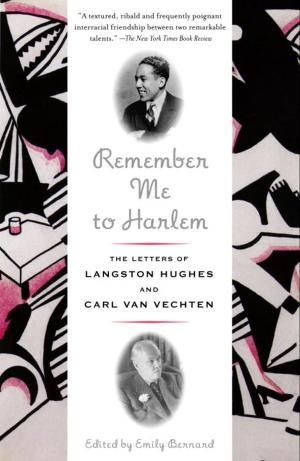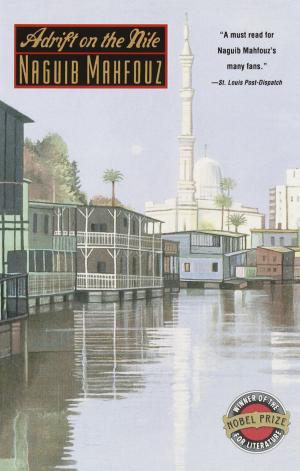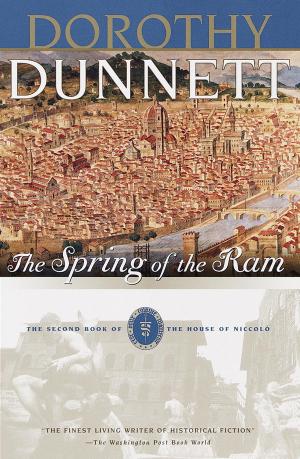Residence Georgian Plantation
Nonfiction, Social & Cultural Studies, Social Science, Discrimination & Race Relations, History, Americas, United States, Civil War Period (1850-1877), Biography & Memoir| Author: | Frances Anne Kemble | ISBN: | 9780307829672 |
| Publisher: | Knopf Doubleday Publishing Group | Publication: | September 4, 2013 |
| Imprint: | Knopf | Language: | English |
| Author: | Frances Anne Kemble |
| ISBN: | 9780307829672 |
| Publisher: | Knopf Doubleday Publishing Group |
| Publication: | September 4, 2013 |
| Imprint: | Knopf |
| Language: | English |
Fanny Kemble was one of the leading lights of the English theater in the nineteenth century. During a triumphant tour of America, she met and married a wealthy Philadelphian, Pierce Butler, part of whose fortune derived from his family’s vast cotton and rice plantation on the Sea Islands of Georgia. After their marriage, she spent several months (December 1838 to April 1839) living on the plantation. Profoundly shocked by what she saw, she recorded her observations of plantation life in a series of journal entries written as letters to a friend. But she never sent the letters, and it was not until the Civil War was on and Fanny was divorced from her husband and living in England, were they published.
She is a reporter par excellence and records in vivid detail not just her own reactions, but the day-to-day operations of the estate as a business enterprise, the lives of the several “classes” of Negro slaves and their white masters, and the plantation’s landscape of swamps and woods, canals and rivers, stately houses and decrepit hovels. Her account is filled with drama: duels, deaths, jealousies, and episodes of humor and tenderness which lighten the gloom but also accentuate the sadness of a world of toil and misery.
Fanny Kemble was one of the leading lights of the English theater in the nineteenth century. During a triumphant tour of America, she met and married a wealthy Philadelphian, Pierce Butler, part of whose fortune derived from his family’s vast cotton and rice plantation on the Sea Islands of Georgia. After their marriage, she spent several months (December 1838 to April 1839) living on the plantation. Profoundly shocked by what she saw, she recorded her observations of plantation life in a series of journal entries written as letters to a friend. But she never sent the letters, and it was not until the Civil War was on and Fanny was divorced from her husband and living in England, were they published.
She is a reporter par excellence and records in vivid detail not just her own reactions, but the day-to-day operations of the estate as a business enterprise, the lives of the several “classes” of Negro slaves and their white masters, and the plantation’s landscape of swamps and woods, canals and rivers, stately houses and decrepit hovels. Her account is filled with drama: duels, deaths, jealousies, and episodes of humor and tenderness which lighten the gloom but also accentuate the sadness of a world of toil and misery.















